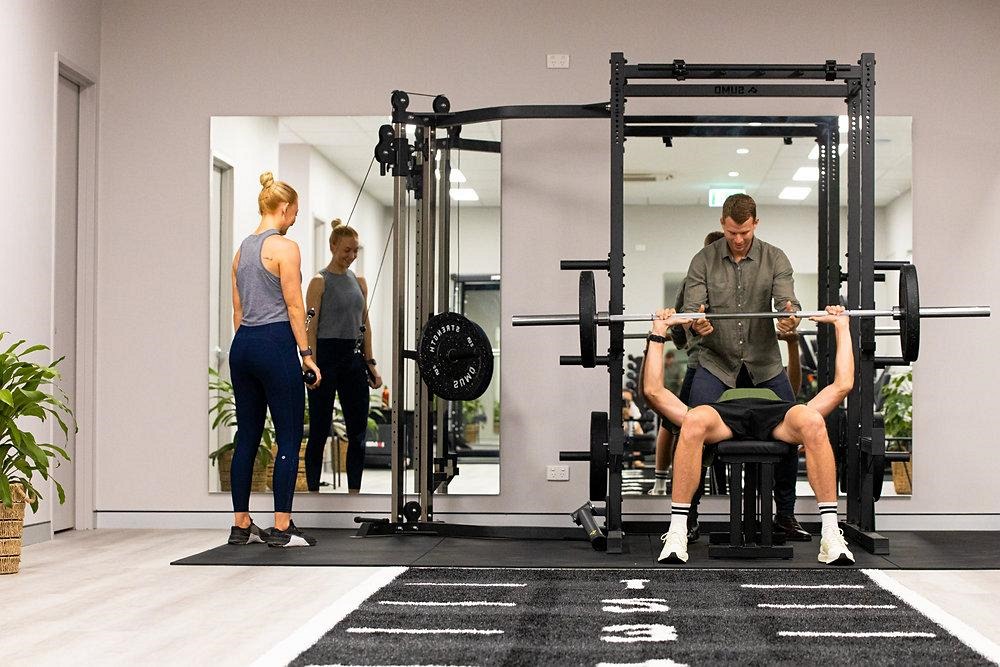Last Updated on: 18th December 2024, 12:29 pm
Dehydration occurs when the body loses more fluids than it takes in, affecting physical and cognitive functions. During exercise, the body’s demand for water increases, making hydration crucial.
- Water maintains blood volume, regulates body temperature, and ensures muscle and joint function.
- Increased sweat rates during exercise raise the risk of dehydration, leading to decreased performance, fatigue, and heat-related illnesses.
- Dehydration risks include heat exhaustion and heatstroke, highlighting the need for prevention to maintain health.
Recognizing dehydration signs and preventing it is essential for anyone engaging in physical activity, especially in warm conditions.
The Science of Sweat: How Exercise Leads to Dehydration

The Body’s Cooling Mechanism: Sweat and Its Consequences
Exercise increases body heat, prompting sweat release to cool down. This fluid loss requires rehydration to prevent dehydration, which can impair temperature regulation and performance.
Factors Influencing Hydration Needs: Intensity, Duration, and Environment
- High-intensity activities and prolonged sessions increase sweat production and fluid needs.
- Environmental conditions like hot, humid weather and high altitudes also increase sweat loss.
The Cumulative Effect of Dehydration on Physical and Mental Performance
Dehydration affects both physical strength and mental sharpness. It can lead to decreased concentration, coordination, and decision-making abilities, increasing the risk of fatigue, cramps, and heat-related illnesses. Consistent hydration before, during, and after exercise supports recovery and readiness.
Recognizing the Signs of Dehydration

Early Warning Signs and Symptoms to Watch For
- Dry mouth, fatigue, and dizziness are initial signs.
- Headaches, decreased urine output, and extreme thirst indicate more severe dehydration.
Differentiating Between Mild, Moderate, and Severe Dehydration
- Mild dehydration: thirst and discomfort.
- Moderate dehydration: dry skin, irritability, muscle cramps.
- Severe dehydration: rapid heartbeat, sunken eyes, confusion.
The Importance of Monitoring Urine Color and Frequency
Urine color and frequency are simple hydration indicators. Light, straw-colored urine suggests proper hydration, while dark yellow or amber indicates dehydration. Monitoring these can guide fluid intake adjustments.
The Consequences of Ignoring Dehydration

Short-term Physical Effects
Dehydration immediately decreases performance, causing fatigue and muscle cramps, increasing injury risk.
Long-term Health Risks
- Heatstroke: Life-threatening temperature regulation failure.
- Kidney stones: Painful and can lead to renal complications.
- Urinary tract infections: Can recur and cause significant health issues.
The Impact on Cognitive Functions
Dehydration impairs concentration, slows reaction times, and affects decision-making, compromising safety and performance.
Hydration Strategies for Athletes and Fitness Enthusiasts

Pre-exercise Hydration: Timing and Quantity
Drink 17 to 20 ounces of water two to three hours before exercise, and 8 ounces 20 to 30 minutes before starting.
Hydration During Exercise: The Role of Water and Sports Drinks
Consume 7 to 10 ounces of water every 10 to 20 minutes. For longer sessions, sports drinks replenish electrolytes.
Post-exercise Rehydration: Effective Strategies for Recovery
Drink 16 to 24 ounces of fluid for every pound lost during exercise. Include sports drinks and water-rich foods for recovery.
Tailoring Hydration to Individual Needs

Personalizing Hydration: Beyond the Average Guidelines
- Hydration varies by individual sweat rates and electrolyte loss.
- Calculate sweat rate by measuring weight before and after exercise to estimate fluid loss.
The Role of Diet in Hydration
- Fruits, vegetables, and water-rich foods contribute to fluid intake.
- Balance diet with water and nutrient-rich foods to maintain hydration.
Adjusting Hydration for Your Unique Profile
- Age, sex, weight, and fitness level influence hydration needs.
- Younger individuals and those with more muscle mass may need more fluids.
Summing Up
Hydration is crucial for performance and health. Understanding and adapting hydration strategies to individual needs ensures optimal performance and safeguards against dehydration risks. This knowledge empowers athletes and fitness enthusiasts to make informed hydration decisions, promoting overall well-being.

